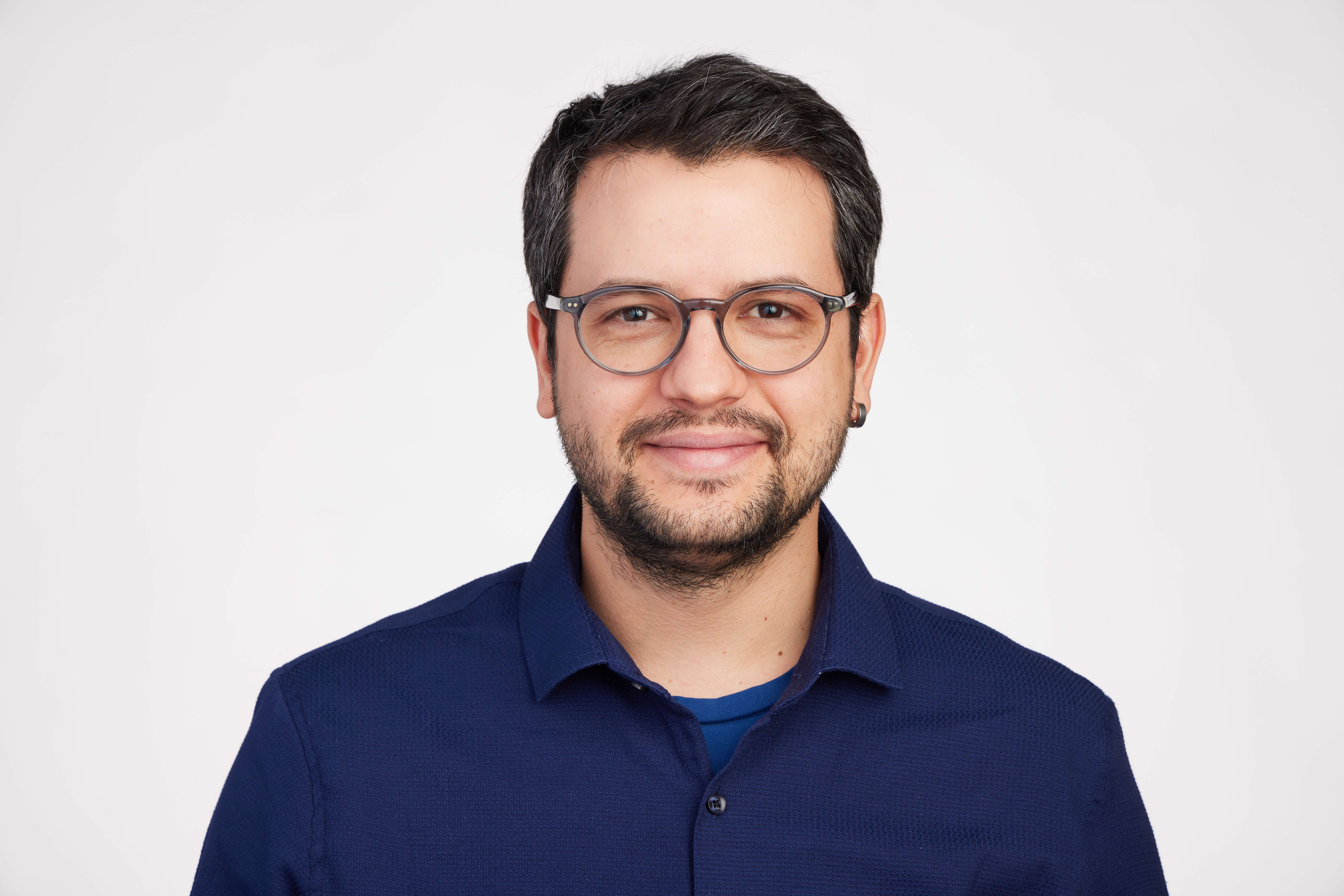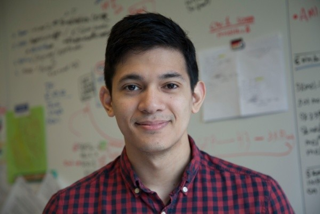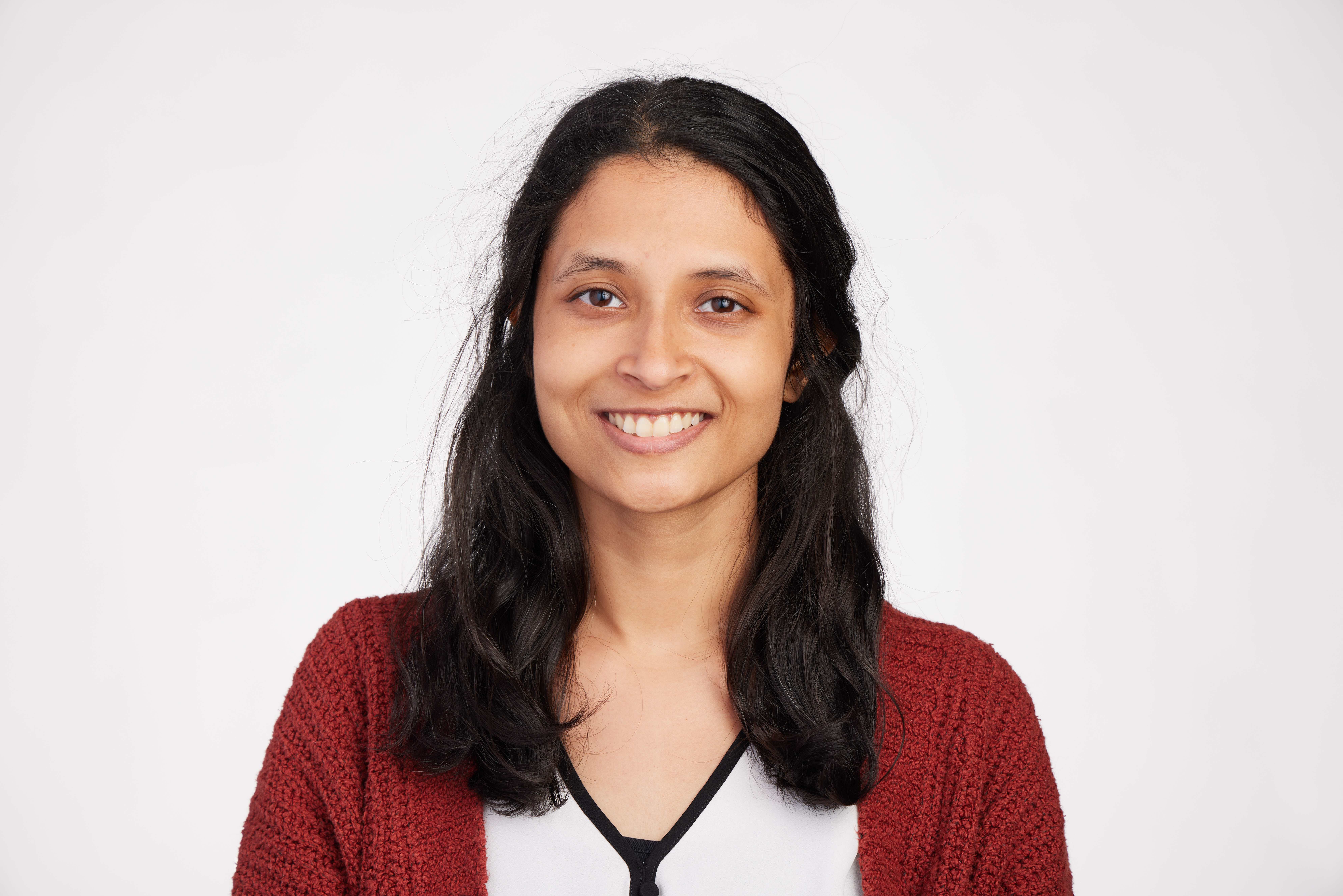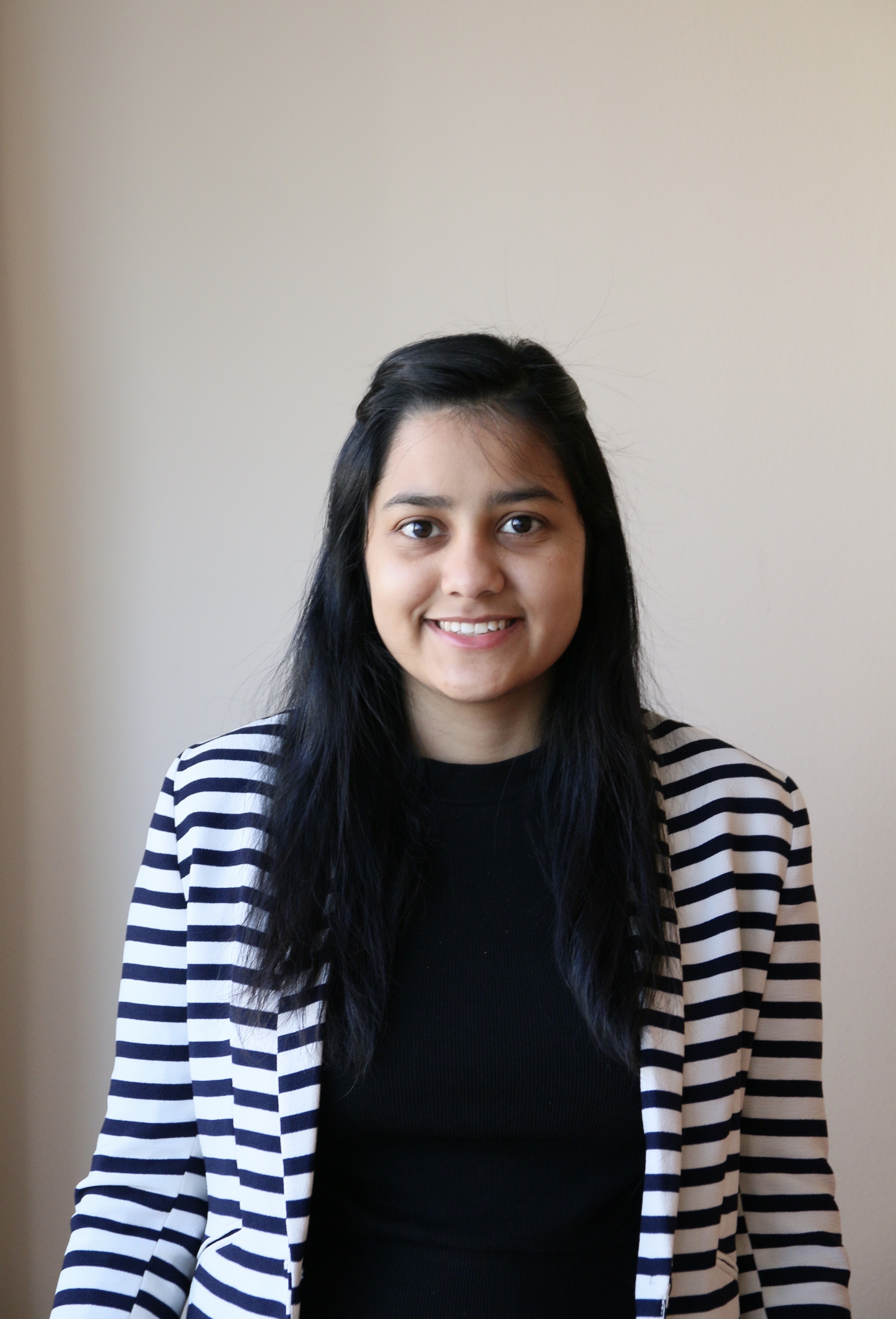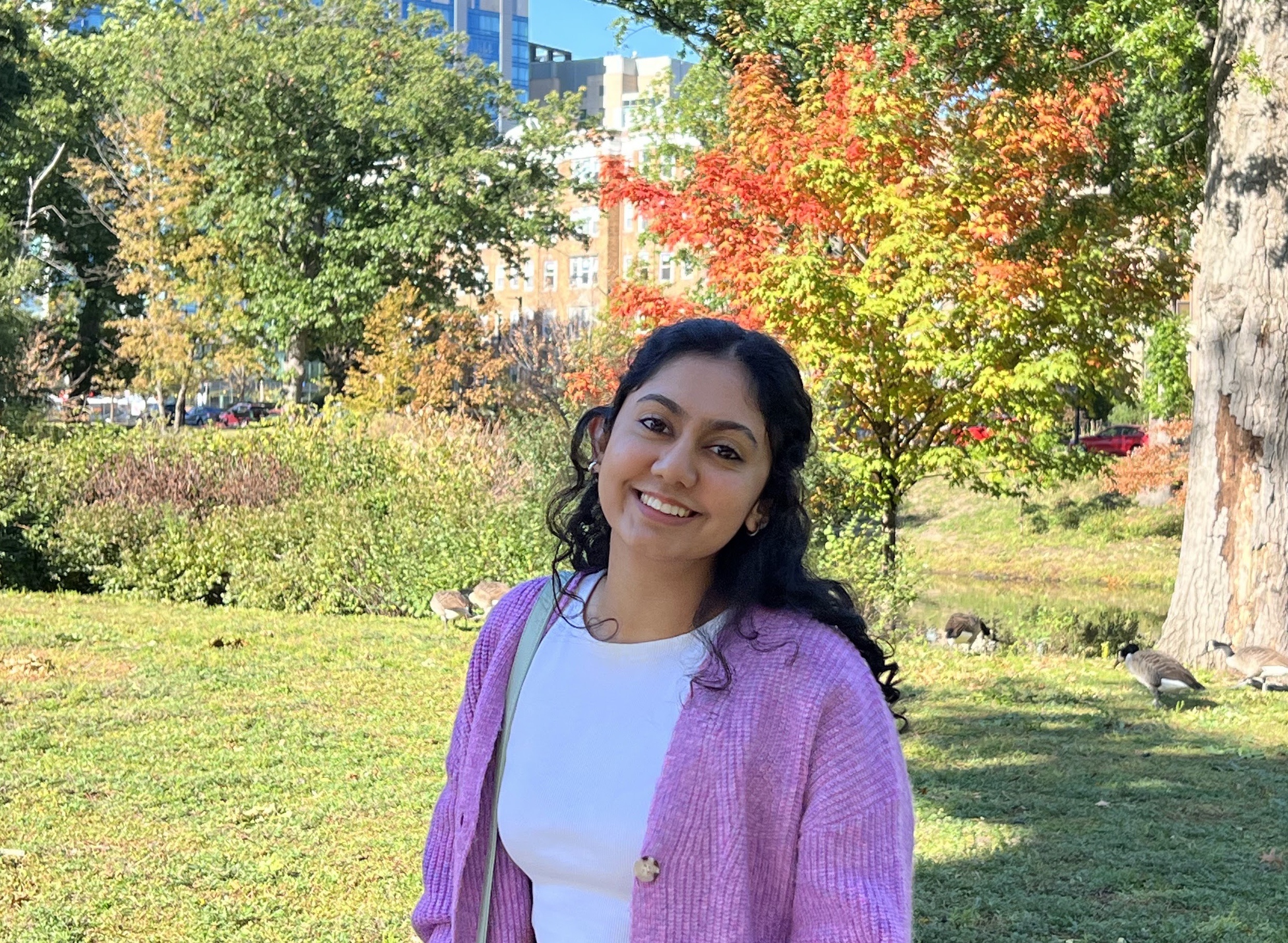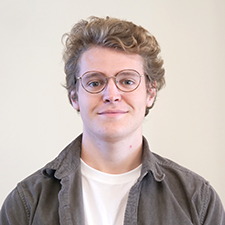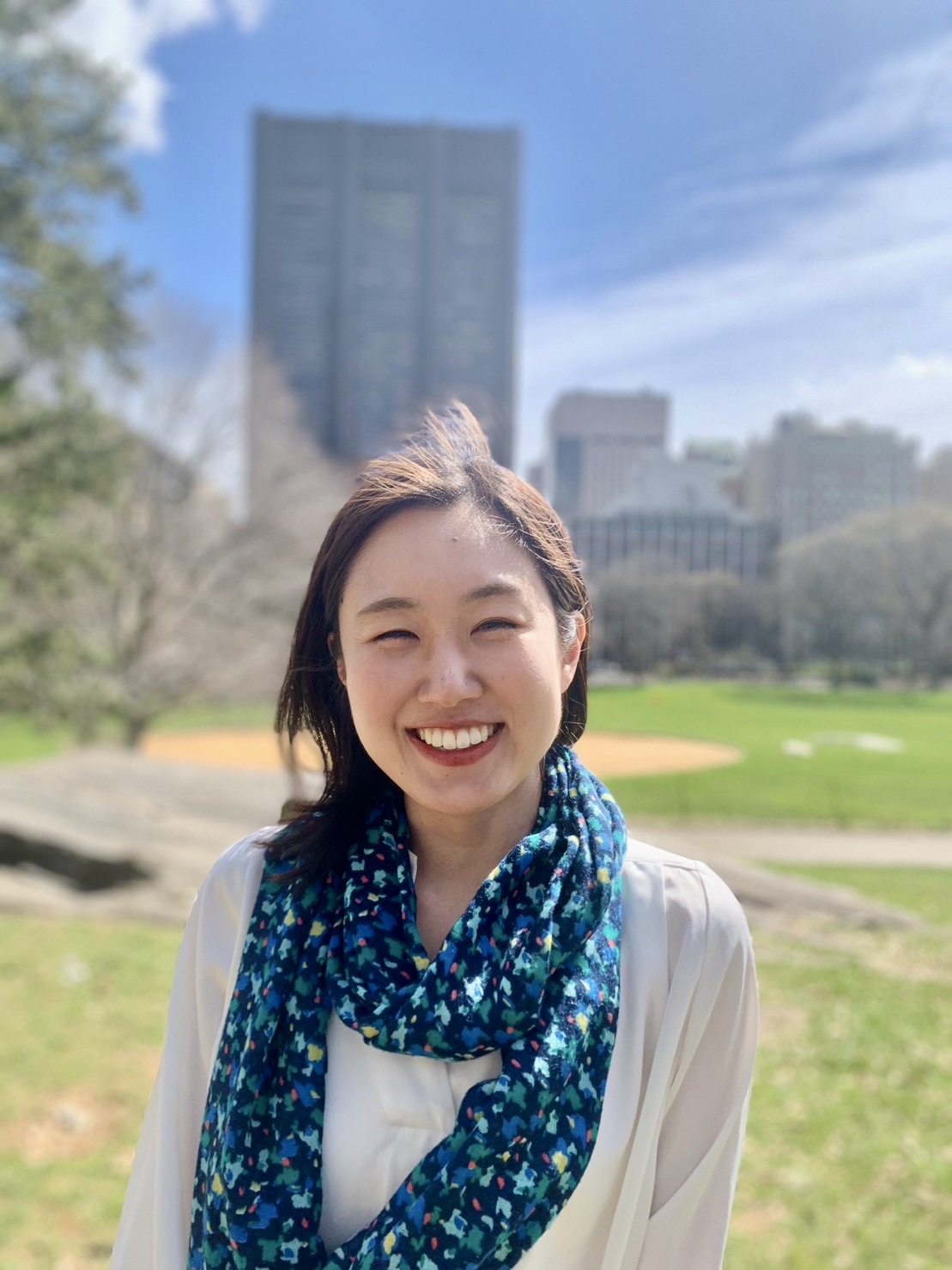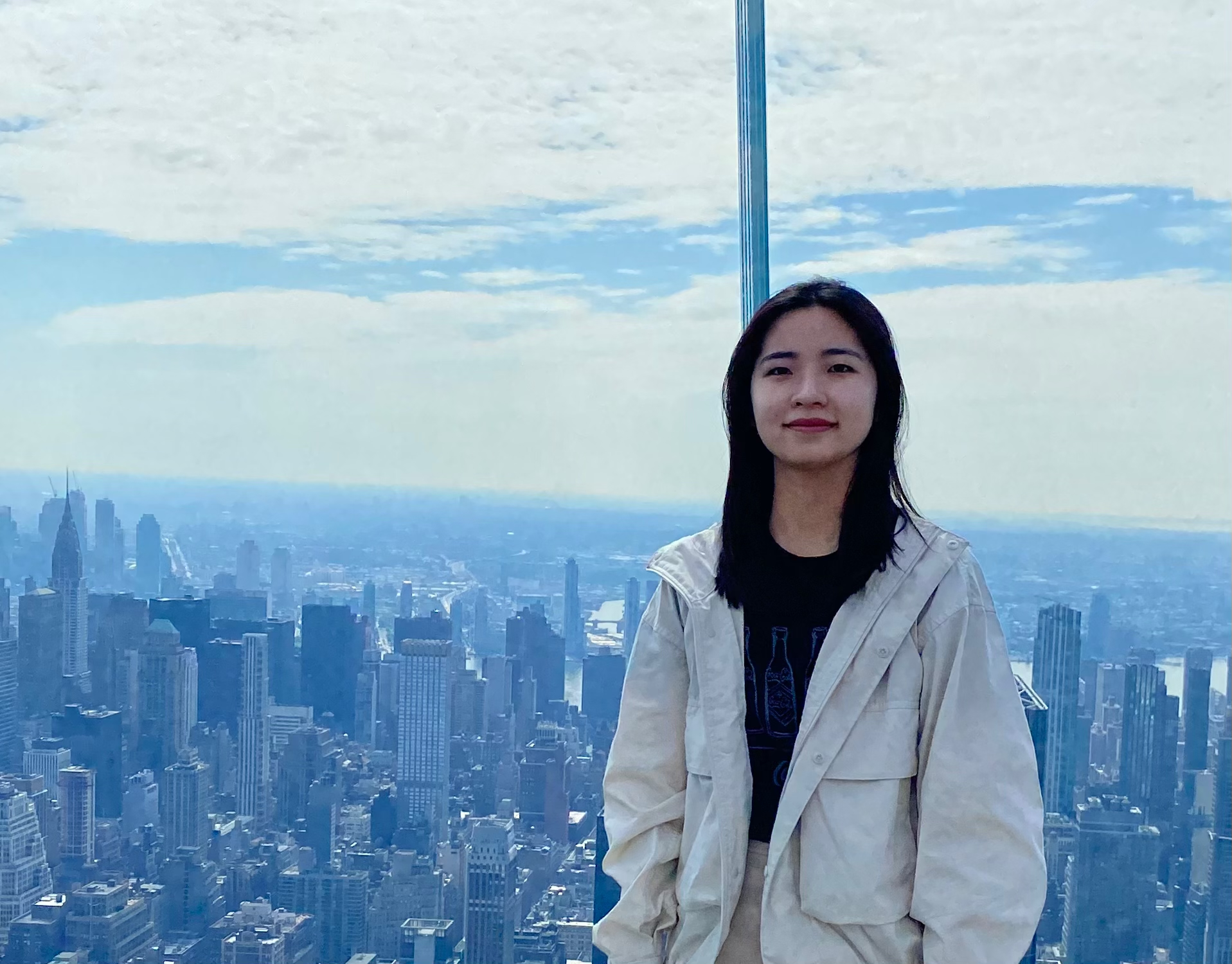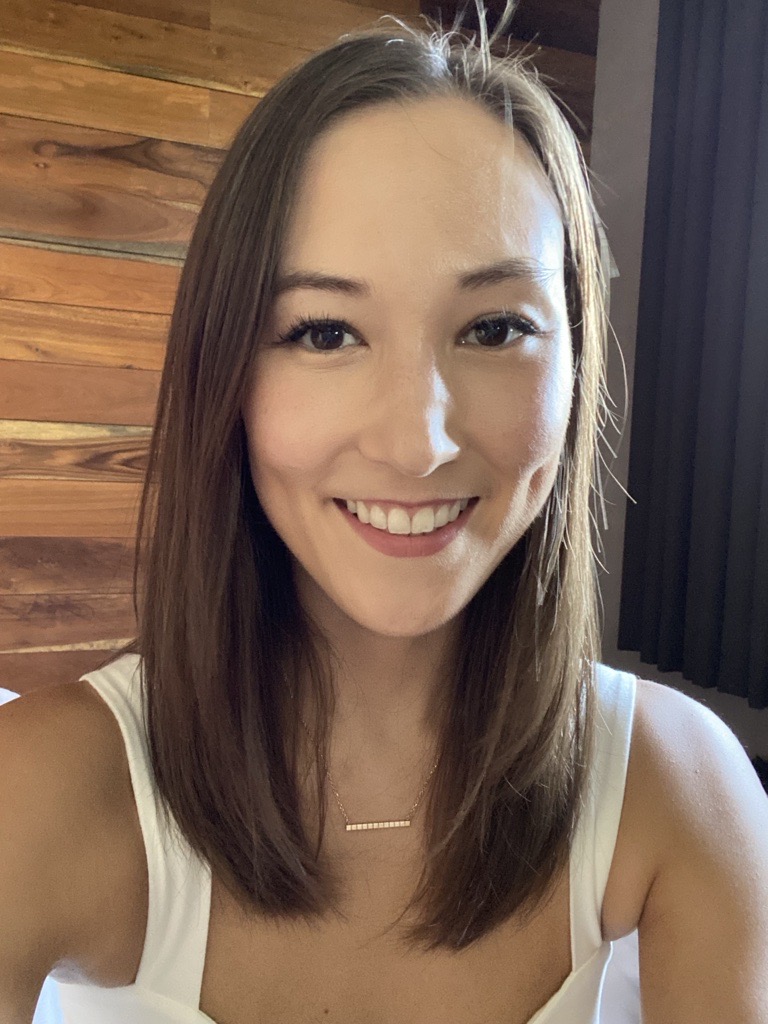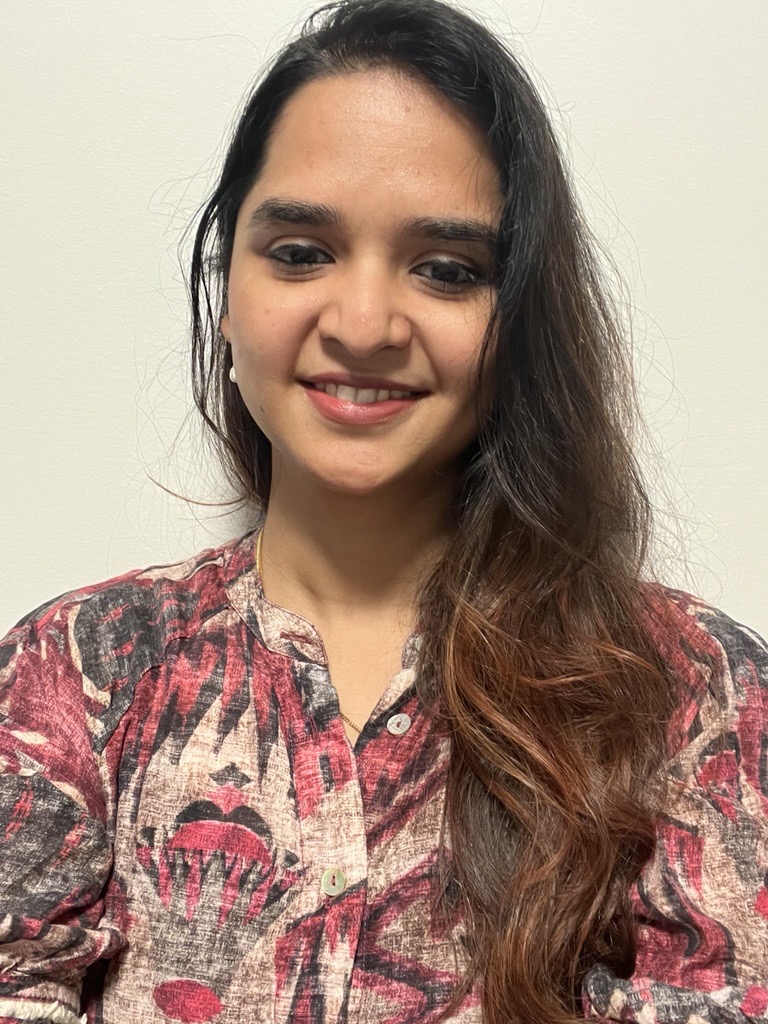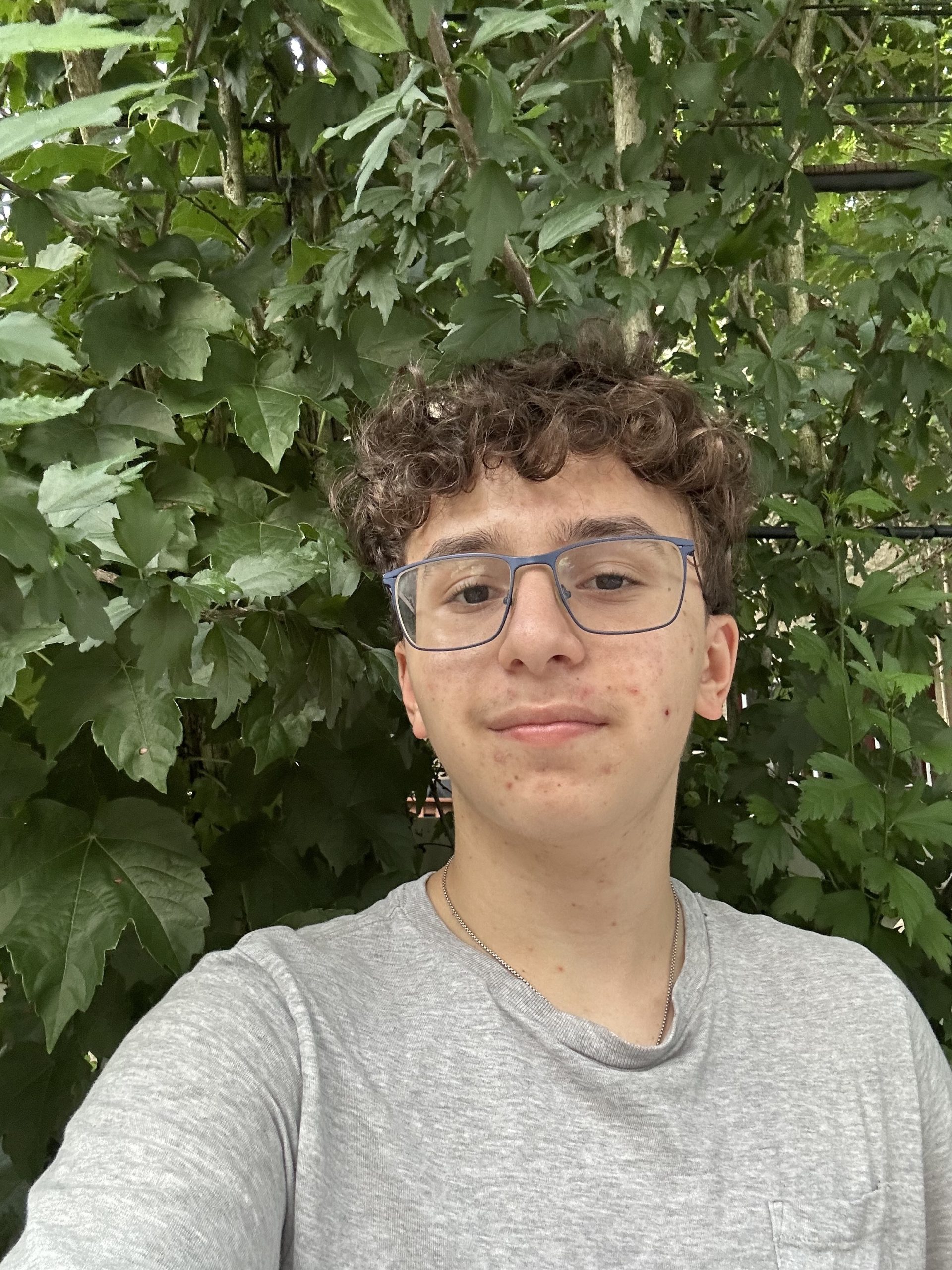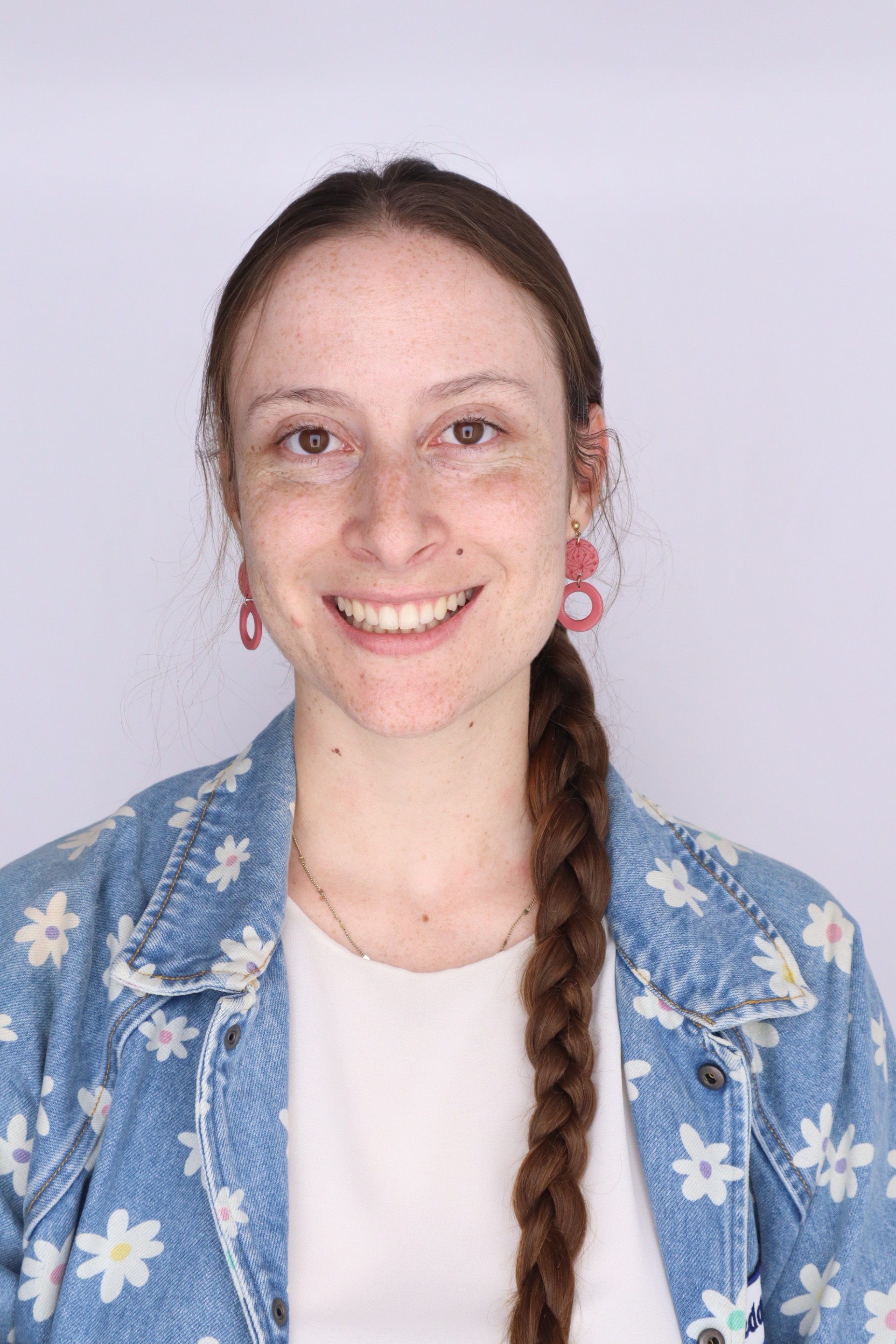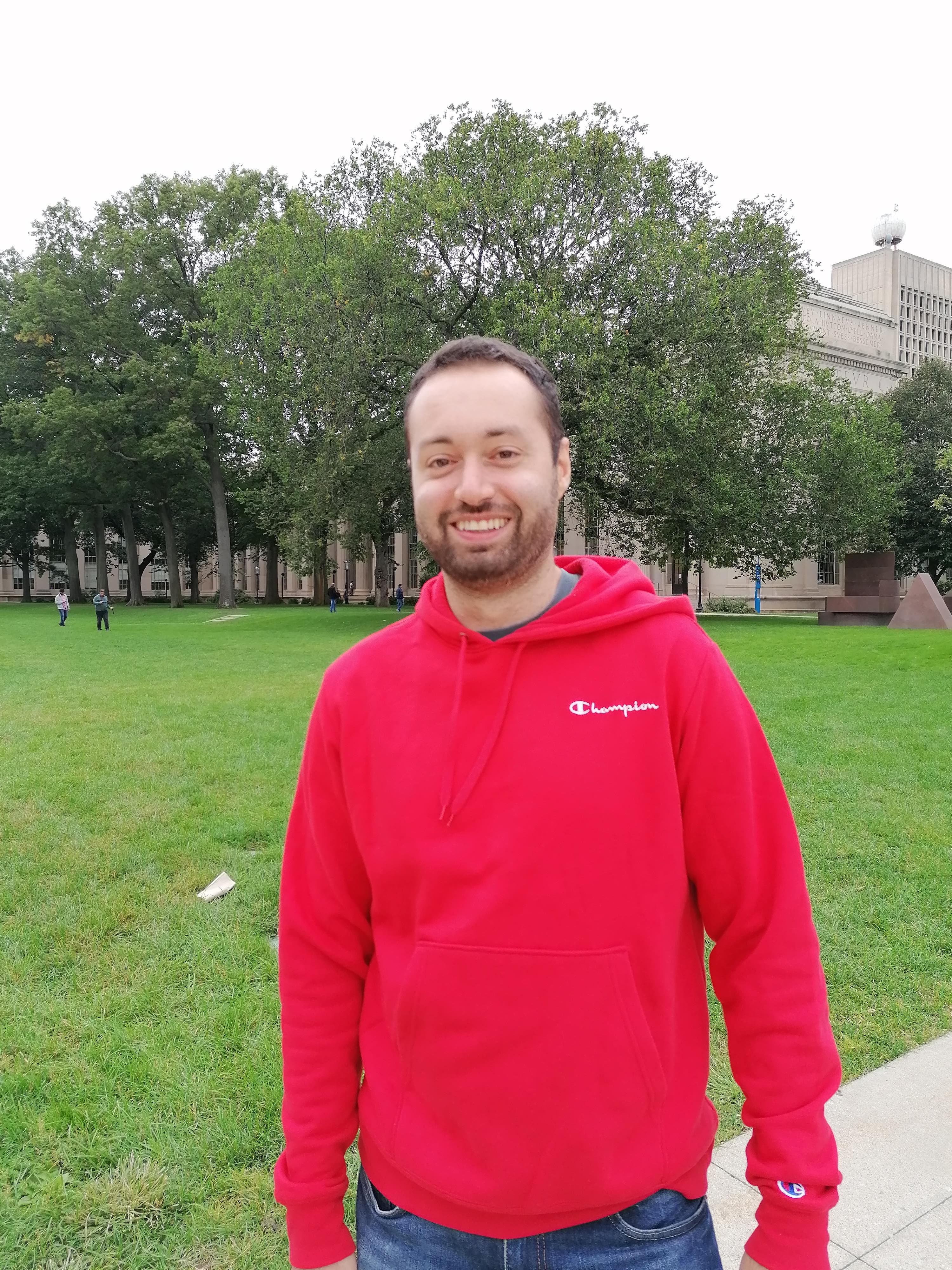Our Team
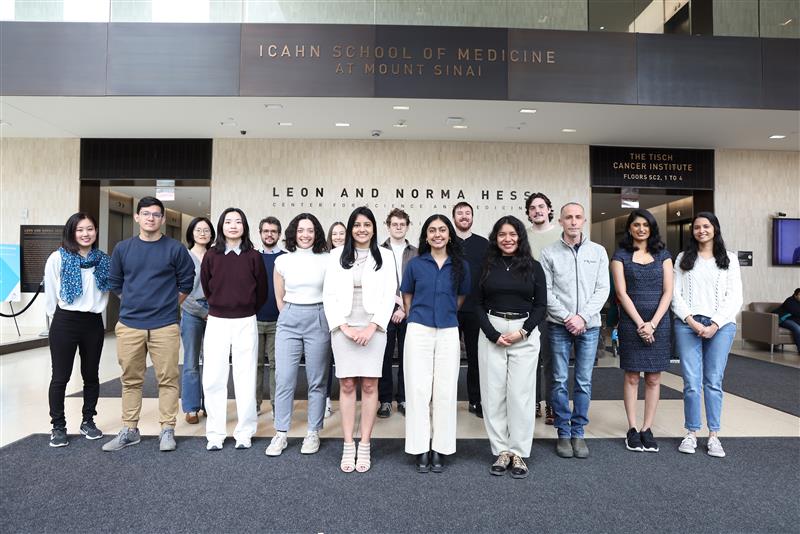
Dr. Dan Hasson is an Associate Professor in the Departments of Oncological Sciences and Dermatology, and the director of BiNGS. Dr. Hasson has an extensive experience in developing and implementing NGS applications and data analysis. Dr. Hasson main research interest is focused on understanding the functional role of cis DNA regulatory elements in cancer progression. More specifically, he is interested in comprehensively mapping cis DNA regulatory elements associated with tumor initiation, progression, metastasis and dormancy, understanding the role of transcription factors networks in regulating those states and in the transition between states, the functional role of histone variants and the effects of changes in chromatin folding on the functional output of regulatory elements. Dr. Hasson leads and supports projects involving genome-wide epigenomic profiling in multiple systems, including study design, experimental execution, data analysis, data interpretation and training.
Dr. Saul Carcamo recently earned his Ph.D in the lab of Dr. Emily Bernstein in the Department of Oncological Science at the Icahn School of Medicine, and is now a senior bioinformatician in the Bioinformatics for Next Generation Sequencing core (BiNGS). Dr. Carcamo’s dissertation focused on chromatin remodelers’ alterations in cancer. Dr. Carcamo has an extensive experience performing and analyzing epigenetic and transcriptomic genome-wide datasets. More specifically, Dr. Carcamo is an expert in analyzing ATAC- and ChIP-seq data, integration of epigenetic and transcriptomic data, and the analysis of TF networks.
Xuedi recently received her master’s degree from Tufts University in biochemical and molecular nutrition with a concentration in bioinformatics, and she is now a senior bioinformatician in the Bioinformatics for Next Generation Sequencing core (BiNGS). In the past few years, Xuedi has collaborated with scientists to promote current understanding of the relationship between dietary factors and chronic diseases by identifying nutritional factor-induced changes in transcriptome and metabolome. Xuedi‘s previous bioinformatics works focus on RNA-seq, 16s RNA and metabolomics data analysis.
Gargi received her master’s degree in bioinformatics from Georgia Institute of Technology and is now a bioinformatician at BiNGS. During her master’s, Gargi focused on human evolutionary genomics and accurately estimating disease risk in ancient humans using polygenic risk scores. She has primarily worked on RNA-sequencing and WGS variant analysis projects in the past.
Charles Coleman is a Senior Bioinformatician at BiNGS who graduated from the College of William and Mary with a B.S. in Computational and Applied Mathematics and Statistics in 2022. His previous experience in bioinformatics was as an intern at the National Institutes of Health’s Laboratory of Receptor Biology and Gene Expression within the National Cancer Institute. His background is largely based in statistics, and he plans to eventually attend medical school to practice as a physician that blends sophisticated research tools and patient care.
Gulay received her master’s degree in bioinformatics from Georgia Institute of Technology and is now a bioinformatician at BiNGS. During her graduate studies, Gulay focused pediatric acute myeloid leukemia and used machine learning algorithms on single cell RNA-seq data to predict relapse from initial diagnosis and first treatment timepoints. Her most recent experience before joining BiNGS is an internship at Genentech where she focused on delineating the diverse cell types present in multiple myeloma by generating a map of the bone marrow niche, and correlating prevalence of these subtypes with clinical parameters like response to therapy, adverse events, and pre- vs post-treatment changes, with the goal of identifying cell types associated with resistance to therapy. Her background is largely based on analyzing single cell RNA-seq data in cancer research.
Nikita completed her bachelor’s in Biochemistry and master’s in Bioinformatics from India. Before joining BiNGS, she worked in University of Helsinki, Finland where she gained experience in analyzing bulk RNA-seq, ATAC-seq and ChIP-seq data to understand the changes in gene expression and chromatin accessibility during the direct conversion of human fibroblasts to pancreatic epithelial cells. She also have primary exposure in dissecting complex datasets like CUT&RUN, CUT&Tag, HiChIP, ChIP-nexus, STARR-seq, small interfering RNA-seq and single-cell RNA-seq data to decipher the role of transcription factors in endodermal lineage-specific cancers.
Dr. Lewis Tomalin is an Assistant Professor working for the Center for Biostatistics in the Department of Population Health Science and Policy, also working as a Senior Bioinformatician for the Bioinformatics for Next Generation Sequencing core (BiNGS). Dr. Tomalin has extensive expertise in the analysis of high-throughput longitudinal data, including the application of machine-learning, mixed-effects models, and mechanistic modelling. He has applied his expertise to a broad range of biomedical fields including dermatology, immunology, cardiovascular disease, and ageing, working with data types such as RNA-seq, CyTOF, proteomic assays, MRI, and wearable device metrics.
Angie is a Master’s graduate in the biomedical data science program in the Icahn School of Medicine currently working in our team. She completed her B.S. in Biology with a minor in Computer Science from Pace University. Angie’s research experience includes conducting ecological assessments in the Costa Rican Rainforest, where she collected soil samples and performed DNA extraction for Next Generation DNA sequencing analysis to study soil nutrient characteristics and bacterial/fungal communities. She has also worked as an Associate Researcher in neurology at the Icahn School of Medicine, focusing on neurodegenerative disorders and performing various experiments and data analysis techniques such as bulk RNA-seq and foot-printing analysis.
Twinkle recently received her master’s degree from Indiana University in Bioinformatics, and is now a bioinformatician in the Bioinformatics for Next Generation Sequencing core (BiNGS). During her master’s degree, Twinkle’s research centered around in-depth analysis of long-read direct RNA sequencing data for human K562 leukemia cell line. Her primary objective involved characterizing the transcriptome and precisely identifying the native 5′ and 3′ ends of mRNA transcripts by employing uniquely designed adapters that are ligated to the transcripts and subsequently sequenced alongside them. Throughout her academic journey, she has gained exposure to various high throughput sequencing data, allowing her to explore diverse biomedical fields such as oncology, cardiovascular diseases, and neurodegenerative diseases. Through her bioinformatics expertise, she endeavors to contribute to the ongoing efforts in understanding the mechanisms behind oncogenesis. Her passion for using computational tools to address biological questions drives her to continuously explore innovative approaches and stay at the forefront of this rapidly evolving field.
Vrinda recently received her master’s degree in Bioinformatics from Boston University and is now a Bioinformatician in the Bioinformatics for Next Generation Sequencing core (BiNGS). Before joining BiNGS, she had completed an internship at Merck & Co., where she worked on Genome Annotation of a vaccine production strain. Prior to her master’s, she had worked as a Research Scientist at HealSeq Precision Medicine in Bangalore, India, where she primarily focused on RNA-Seq analysis, WES variant analysis and Boolean Modeling.
Will recently completed his master’s degree in bioinformatics from Columbia University. He received his bachelor’s degree from New York University, with a major in biology and a minor in computer science. During his master’s, he interned at the New York Genome Center, where he developed a machine learning method to analyze Pore-C sequencing data using tensor decomposition. Prior to joining BiNGS, Will also interned at Launchpad Therapeutics. At Launchpad, he contributed to the development of novel antibody therapeutics by implementing a deep learning model to predict protein-protein interactions.
Dr. Risa Watanabe is a postdoctoral fellow working for Dr. Schahram Akbarian’s lab in the Department of Psychiatry and for the Bioinformatics for Next Generation Sequencing core (BiNGS). She recently earned her Ph.D. from the Department of Molecular Brain Science at Kumamoto University. Her dissertation focused on the DNA methylation profile of LINE-1 elements and its relationship to psychiatric diseases. She has also worked in a pharmaceutical company for 6 years, writing protocols, leading a monitoring team, and analyzing real-world data to improve the success rate in drug development.
Dr. Linda Lee earned her Ph.D. in Physiology and Neurobiology from the University of Connecticut. Before joining the Bioinformatics for Next Generation Sequencing core (BiNGS), she served as a postdoctoral fellow in Dr. Nan Yang’s lab at the Icahn School of Medicine at Mount Sinai. There, Dr. Lee conducted multi-omics analyses to identify activity-dependent enhancers linked to disease heritability and performed single-cell RNA-sequencing analysis to characterize iPSC models of inhibitory neuron generation.
Before joining BiNGS, Dr. Greg Hamilton earned his Ph.D. in Molecular Pharmacology at Albert Einstein College of Medicine, where he conducted his doctoral research in the laboratory of Dr. Matt Gamble. His thesis focused on elucidating the role of chromatin components in regulating intergenic transcriptional enhancers. With more than a decade of experience in biomedical research, Dr. Hamilton has developed extensive expertise in the analysis and integration of ATAC-seq, ChIP-seq, and RNA-seq datasets. He also holds an M.S. in Biology from New York University, where he designed an algorithm to identify evolutionarily conserved gene regulatory networks from RNA-seq data.
Meghana Ram is a Bioinformatician in the Bioinformatics for Next Generation Sequencing core (BiNGS). Before joining BiNGS, she worked as a Research Associate in the Lagana Lab at the Icahn School of Medicine at Mount Sinai, where she developed and maintained pipelines for whole-exome sequencing (WES), whole-genome sequencing (WGS), and bulk RNA-seq in the context of multiple myeloma research. Outside of bioinformatics, she’s a proud dog mom, a Kathak dance enthusiast, and always up for a good cup of chai.
Alumni
Aman recently completed his B.S. in Neuroscience and B.A. in English at the University of Washington, Seattle and is now a bioinformatician with BiNGS. Before joining Mt. Sinai, Aman’s experience with bioinformatics was with the Genome Sciences department at UW focusing on analyzing long-read DNA sequencing data. His work aimed to elucidate chromatin structure in the centromere by combining CpG methylation data with adenine methylation data. His computational background is a blend of tool development and data science and is greatly informed by his desire to take an interdisciplinary approach to problem solving.
Dr. Federica Sartori received her Ph.D from the Center for Genomics and Systems Biology at New York University under the supervision of Professor Mark Siegal. She currently holds the position of senior bioinformatician within the Bioinformatics for Next Generation Sequencing core (BiNGS). Dr. Sartori’s doctoral research focused on elucidating stress tolerance mechanisms in fungi. She has extensive experience in generating and analyzing Next Generation Sequencing and high throughput microscopy datasets.
Dr. Federico Baldini obtained his PhD from the University of Luxembourg in 2019. His dissertation focused on developing new computational modeling methods integrating metabolic modeling and microbial genomics analysis to understand the role of the human gut microbiome in complex diseases such as Parkinson’s Disease. Prior to joining BiNGS as Senior Bioinformatician in May 2024 , he held a Postdoctoral Research Scientist position at Columbia University for four years. During his postdoc, he used genome-scale metabolic models, statistical and machine learning methods to explore multi-omics data from human samples elucidating the role of the human microbiome in various human conditions and cancer therapy response. Specifically, Dr. Baldini has deep expertise in microbial genomics sequencing analysis (16S rRNA gene sequencing, metagenomics), metabolic modeling (Flux Balance Analysis), metabolomics, data analysis, and machine learning. He likes to combine different bioinformatic approaches to process and analyze human and human-derived data aiming at solving complex biological problems.


